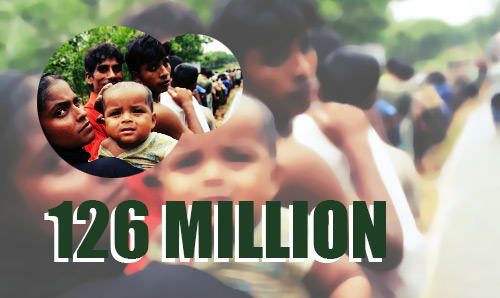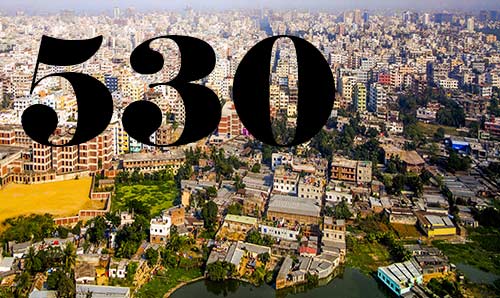Improving NGO practice and accountability
Our research has directly assisted governments, major international NGOs and bilateral and multilateral aid agencies. We have helped them identify, anticipate and analyse key challenges, form new conceptual frameworks and build critical relationships between academics and practitioners.
Landless urban poor in over 20 countries challenge the NGO sector to reconsider their relationships with grass roots organisations

Our work has helped NGOs to reflect on their policies, practices and ideologies, and update their strategies to meet new challenges.
We have received endorsements from, among others, the Commonwealth Foundation and the World Bank who both acknowledged the significance of our work on downward accountability. Recent work with the Ministry of Environment in El Salvador also demonstrates our continued contribution towards a deeper reflection on governance issues; here our insights have led to proposed new national policy and legislation on mining.
Our insights into the work of NGOs, which are leading to more effective development and aid initiatives, have been acknowledged internationally:
- BOND (UK network of development NGOs) and other NGO managers regard our books as key texts
- Palgrave Macmillan identified the publication ‘NGOs States and Donors: Too Close for Comfort’ as the most successful title in their International Political Economy series
- The United Nations Research Institute for Social Development (UNRISD) cited our research in its flagship 2010 publication
- UNRISD commissioned Professor Bebbington to analyse the role of social movements in poverty reduction activities
- The Bangladeshi NGO BRAC (which works with 126 million people) has drawn on our research to formulate its strategies
New tools and methods arising from our research are evident in self-regulatory frameworks such as One World Trust’s ‘Global Accountability Report’. Two other NGOs – Concern and Mango – have also used our work to design systematic approaches for managing downward accountability in six countries, affecting over 530 staff and advisors.
Our research

We focus on four key areas:
- Increasing NGO impact and influence
- Improving NGO effectiveness, through the development of alternative accountability systems
- Maintaining NGO autonomy in relations with the state
- Managing and exploiting NGO opportunities at the global level
In a unique relationship, our research end-users also participated in the research, acting as researchers themselves by gathering and analysing data under our guidance. This two-way dialogue allowed us to capture and articulate critical minority voices within organisations and their client base.
Key outcomes
Convening a body of individuals to reflect and institutionalise research insights
Development of conceptual frameworks to interpret and understand the roles, functions and contributions of NGOs in society
Identification and elaboration of critical challenges for the sector
Consolidation of lessons to improve policy, programming direction and practices
